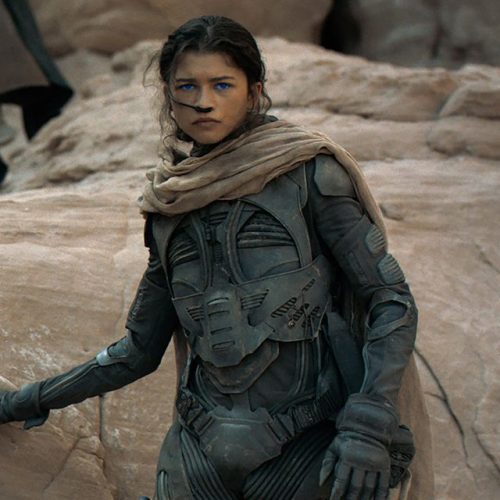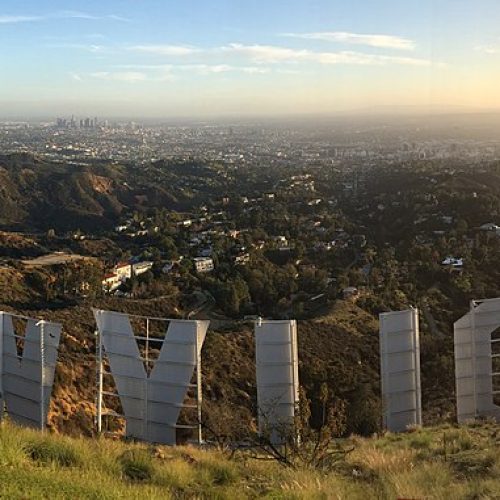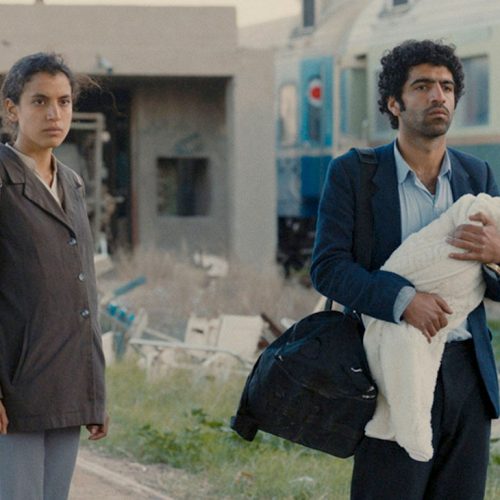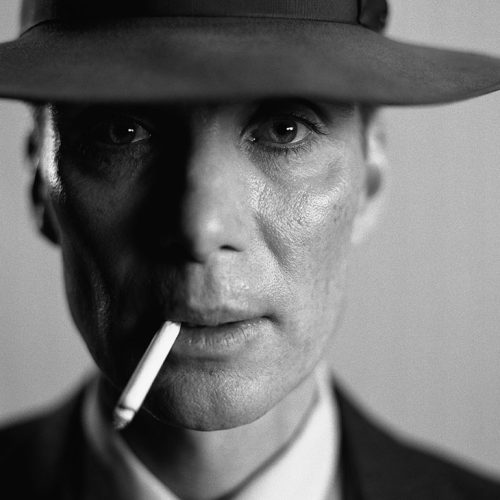As one of the most iconic leading actresses in Arab cinema, Faten Hamama has long-been hailed the queen of the silver screen.
Although the majority of her career peaked during the 1950s, when she was married to fellow actor—and Hollywood legend—Omar Sharif (they were the Arab equivalent of Bogie and Bacall… or Beyoncé and Jay-Z), Hamama’s career actually started when she was just seven-years-old.
The former childstar, who was known as ‘Egypt’s Shirley Temple’ went on to helm roles that would ultimately defy Arab society’s norms, and change the face of regional cinema as we know it. Taking on risky roles, and films that raised issues surrounding gender and tradition – Hamama’s imprint on cinema defies generations, and is still worth unpacking, even now in 2019.
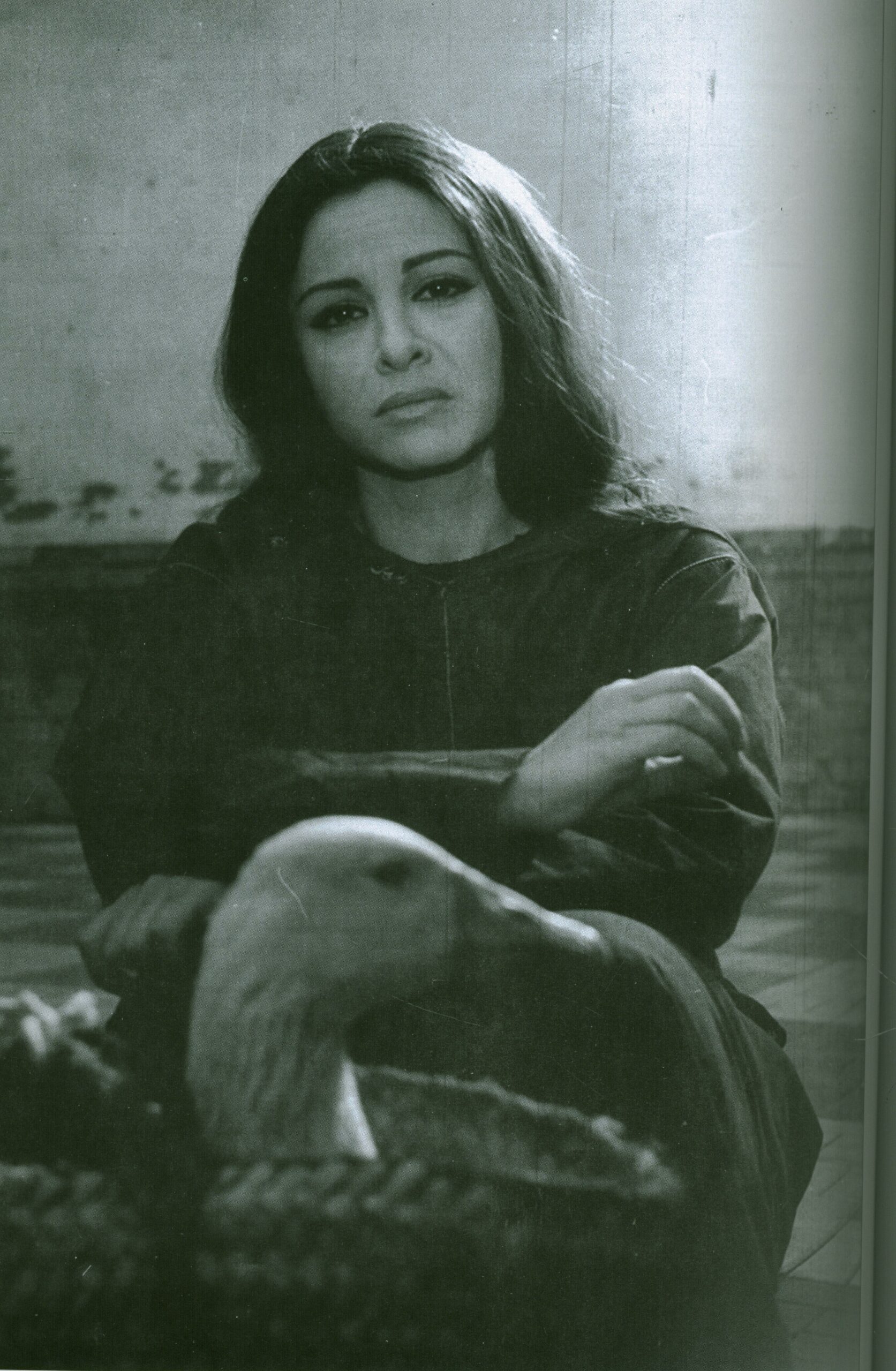 Here are five things you might not know about Egypt’s legendary actress Faten Hamama.
Here are five things you might not know about Egypt’s legendary actress Faten Hamama.
She played a female activist in 1963
In ‘La Waqt Lel Hob’, a film that is centred on the 1952 Cairo fire. In the midst of a political uprising, Hamama (who plays the role of Fawzeya, a female activist) falls in love with an engineer named Hamza. The film unpacks the little-seen, or understood, role and importance of female activists in the Arab world. Not to mention she plays a badass independent woman.
Falling in love on set was her thing
Having met her first husband, director Ezzel Dine, on the set of ‘Abu Zayd al-Hilali’ in 1947, following their divorce seven years later, Hamama chose Omar Sharif to co-star in a film with her in 1954. Uncharacteristically (but totally understandably) she agreed to kiss him on-screen. Needless to say they soon fell in love and ended up staying together for nearly two decades.
She converted Omar Sharif to Islam
Born in to a Christian family, the Egypt-born Hollywood star (who was then known as Michel Dimitri Chalhoub) adopted his now-famous moniker Omar Sharif in 1955, and converted to Islam in order to marry Hamama.
 Democracy was a cause she fought for tirelessly
Democracy was a cause she fought for tirelessly
An outspoken activist, Hamama famously became an opponent of Egypt’s Free Officers and their oppressive regime. Refusing to change her perspective, she was forbidden to travel or participate in any international film festivals. After finding a way to leave the country, the then President Gamal Abdel Nasser made a public outcry to his famous friends, begging them to get her to return to Egypt. But she didn’t return until after his death in 1971. From that point on, she took on roles that often criticized the laws in Egypt in her films, and fought tirelessly for democracy.
Film was a form of protest for her
For over 50 years, Hamama took on socio-political and topical roles in films that focused on social justice and women’s rights. As a regional icon and legendary household name, this was a huge move for anyone, let alone a woman. Many of her films addressed gender equality (‘The Open Door’), marriage and divorce laws in Egypt (‘Oridu Hallan’) and women’s employment rights (‘Miss Fatma’).





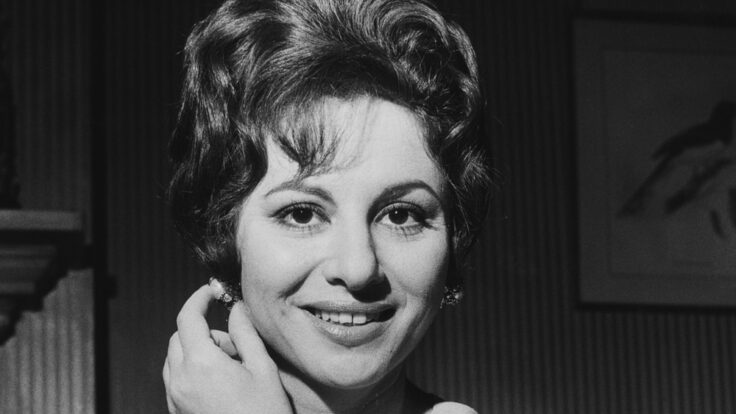
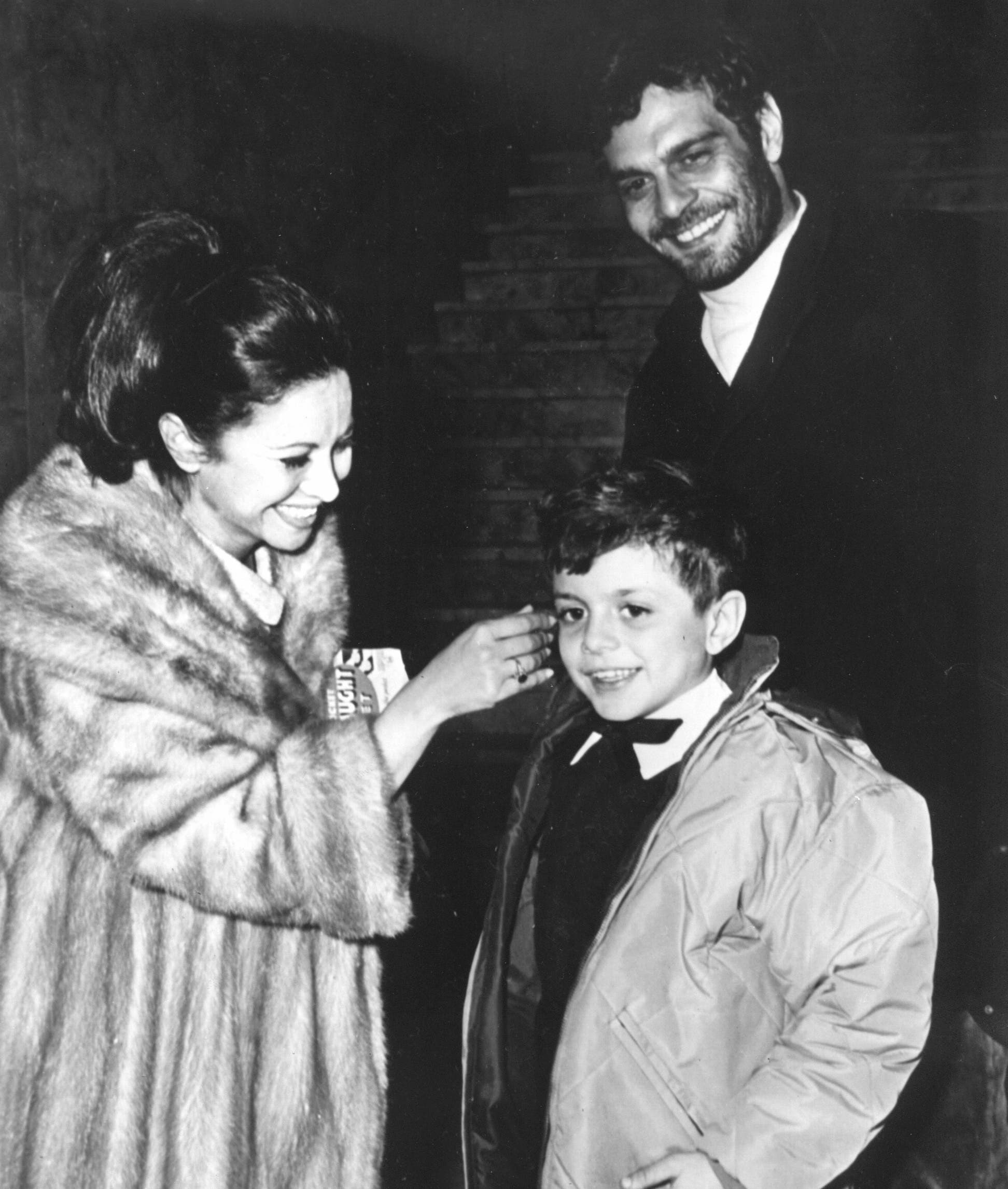 Democracy was a cause she fought for tirelessly
Democracy was a cause she fought for tirelessly